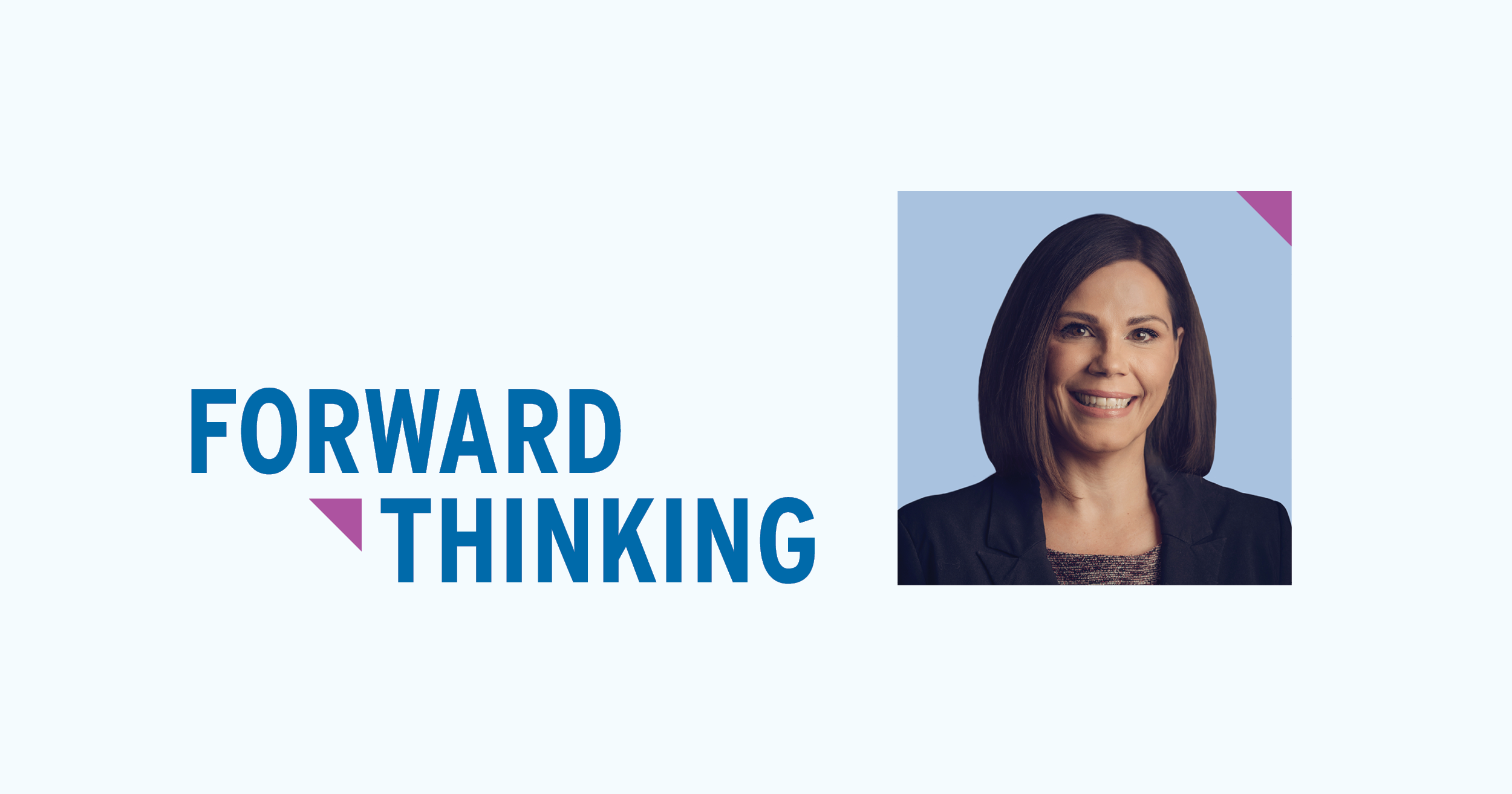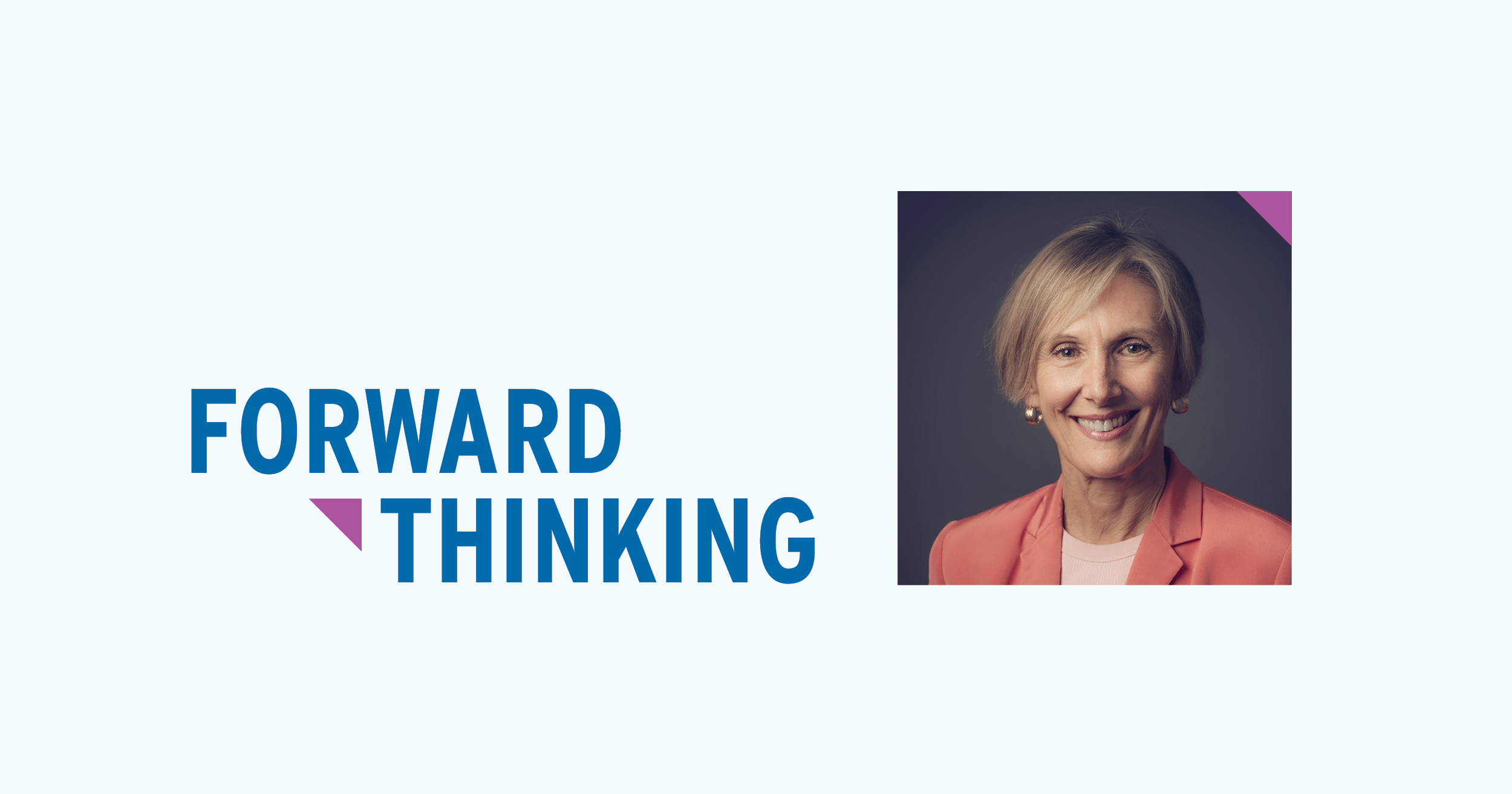Bringing the voices of patients, the public and community partners in health research to improve policy and care
26 September 2022

Forward Thinking is our thought leadership series focusing on what it takes to be a responsive and responsible health research agency. In this article, Kristi Coldwell, Lynne Feehan and Keeley Rose tell us why engaging patient, public and community partners in health research is important and share the different ways in which partners can participate in health research.
Patient-oriented research is done in partnership with patients to benefit from their unique lived experiences. Canada’s Strategy for Patient-Oriented Research (SPOR), a national initiative led by Canadian Institutes of Health Research (CIHR), was developed to help make patient-oriented research a reality in Canada.
But why is patient, public and community partner engagement in health research important? Simply put — it improves the quality of research and, as health care providers utilize research evidence in their practice, improves the quality of care.
Research has also shown beneficial impacts of patient and public involvement on the people involved in research. The first international systematic review focused on the impact of patient and public involvement on service users, researchers and communities. Among the main results, service users reported feeling empowered and valued, gaining confidence and life skills. Researchers developed a greater understanding and insight into their research area, gaining respect and a good rapport with the community. The community involved in research became more aware and knowledgeable about their condition.
Engaging patient, public and community partners helps researchers identify gaps and prioritize the research questions and outcomes that matter to patients and members of the research-engaged public.
Meaningful engagement ensures partner perspectives, experiences, expertise and voices are brought into the governance, funding, conduct, dissemination and use of health research. It improves transparency, ensures research is responsive to the needs of those it serves, and helps to close the gap between health research and its uptake in policy and care.
There are various ways in which patient, public and community partners can be engaged in health research. They can participate on advisory committees and governance councils, and be application reviewers for research funding competitions. They can help identify and refine research questions and advise on how research should be conducted to improve recruitment and retention. They can ensure ethically and culturally safe research methods are followed. They can also help interpret the research findings and share them with their communities and other non-academic stakeholders. A video introduction to patient, public and community partner engagement can be found on our website.
Last year, when Michael Smith Foundation for Health Research and the BC Academic Health Science Network consolidated to become Michael Smith Health Research BC it meant that together we could produce a combined effect greater than the sum of our separate efforts. The collaborations made possible because of the consolidation are already sparking innovations in funding program design and delivery.
One such innovation is the introduction of patient, public and community partner review in Health Research BC’s 2022 Health Professional-Investigator (HP-I) competition. This will achieve two purposes: it will support health professionals (including physicians, nurses, psychologists, and more) actively involved in patient care to include patient, public and community partner engagement in their research programs; and, it will bring partner voices as application reviewers to the competition. The BC SUPPORT Unit, which is now part of Health Research BC, will support patient, public and community partner review and work with applicants to integrate partner engagement in their research programs.
For the 2022 HP-I competition, patient, public and community partner reviewers will comment on the application lay summary, the importance and feasibility of the proposed research, and the proposed partner engagement activities. Their comments will help the applicants refine their research program and partner engagement activities. Health Research BC will provide additional funding to support the costs of partner engagement activities and continue to support and evaluate them throughout the duration of the award.
From September to December 2022, reviewers will receive training, conduct application reviews and participate in committee meetings. Following an iterative process where applicants will have the opportunity to respond to reviewer feedback and refine their partner engagement plans, we expect to have funding decisions in March 2023. For more information about the competition design and timelines, please review the applicant webinar slides.
We will be listening to feedback from stakeholders with the goal of learning how we can improve our processes and better support patient, public and community partner engagement at Health Research BC.
We are pleased to support the development of partner engagement skills for researchers who work at the interface of science and patient care.
And while doing this work, we are always guided by the fact that meaningful engagement respects the partner’s unique experiential knowledge and insight, ensures that the partner’s involvement is shaped by their own interests and skills, and is based in their lived or living experience with the health issue or focus of the research.





